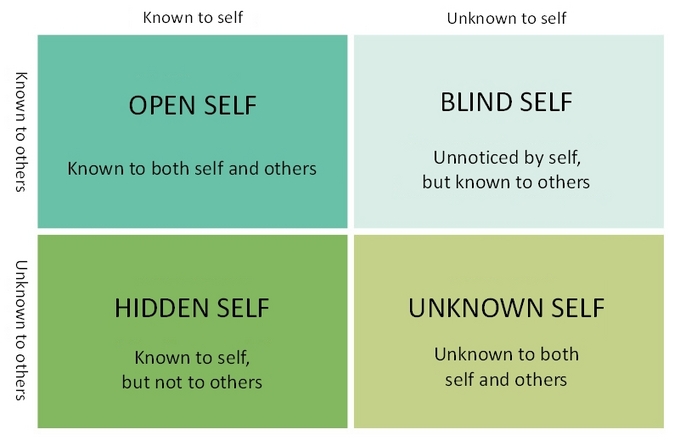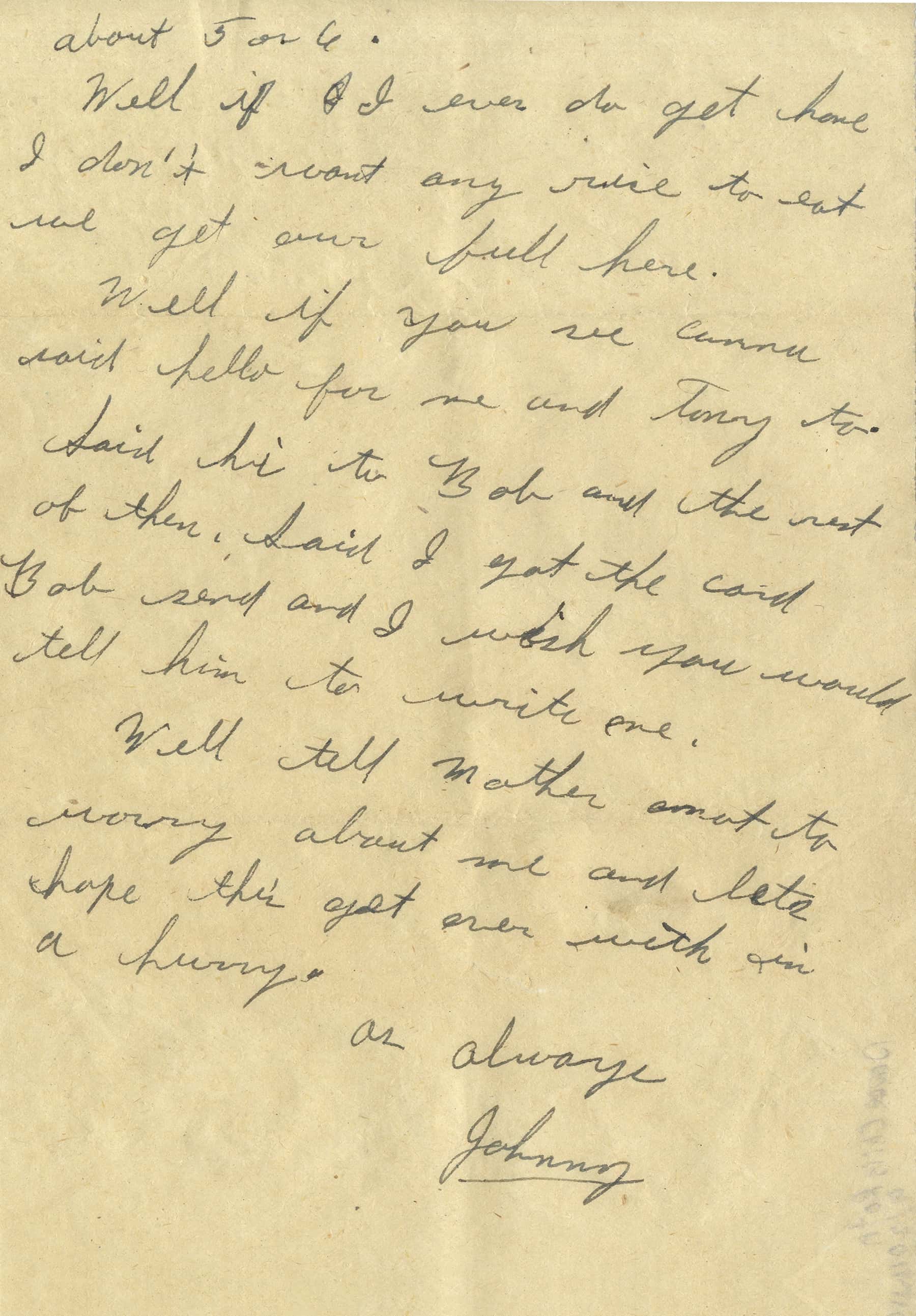Aristotle's Happiness Essay Sample - Sample Essays.
Happiness in general terms is a belief, an idea and a theory. Just like other theories, beliefs, and ideas may have fallacies, the theory of happiness might too. According to Aristotle happiness is an end, an end result of all the things a person does. Most of our acts are committed for a reason to achieve something else, but happiness is.
Essay Aristotle 's Theory Of Happiness. Aristotle was one of the greatest thinkers in the history of western science and philosophy, making contributions to logic, metaphysics, mathematics, physics, biology, botany, ethics, politics, agriculture, medicine, dance and theatre. He was a student of Plato who in turn studied under Socrates. One of.

Aristotle’s work, The Nicomachean Ethics, consists of numerous books pertaining to Aristotle’s Ethics—the ethics of the good life. The first book discloses Aristotle’s belief on moral philosophy and the correlation between virtue and happiness. The definition of happiness has long been disputed. According to Aristotle, happiness is the highest good and the ultimate end goal—for it is.

Aristotle’s Theory of Virtue and Happiness Aristotle was one of the most respected philosophers of all time. He wrote on many subjects covering a wide range of topics; politics, psychology, metaphysics, logic and ethics. In the article “Nature of Virtue” written by Aristotle, his theory of a persons happiness and good morals is explained. I agree that a human’s goal in life is to be.

Aristotle on Happiness Happiness is not a state but an activity. Posted Jan 28, 2013. SHARE. TWEET. EMAIL. 1 COMMENTS (Article updated on 17 September 2017) Source: Wikicommons. In his.

Free Aristotle papers, essays, and research papers. My Account. Your search returned. Aristotle's Theory of the Good Life - According to Aristotle, the good life is the happy life, as he believes happiness is an end in itself. In the Nichomachean Ethics, Aristotle develops a theory of the good life, also known as eudaimonia, for humans. Eudaimonia is perhaps best translated as flourishing.

Aristotle theory of happiness essays1) Aristotle's theory of happiness states that happiness is the highest good. There are many items that are good, but goods pursued for their own sake are of a higher good than goods pursued for the sake of something else. The highest good cannot be improved.

Aristotle’s theory of happiness can be achieved through the application of Friedman’s ideas because happiness in society is only guaranteed through the rule of law. Each person must follow societal rules and regulations irrespective of his or her position in society. Friedman postulates that both employees and employers must live according to certain laws that guarantee normalcy and.

Aristotle's Theory of the Good Life Essay. Length: 961 words (2.7 double-spaced pages) Rating: Strong Essays. Open Document. Essay Preview. According to Aristotle, the good life is the happy life, as he believes happiness is an end in itself. In the Nichomachean Ethics, Aristotle develops a theory of the good life, also known as eudaimonia, for humans. Eudaimonia is perhaps best translated as.

Aristotle believes that happiness rests within an absolutely final and self-sufficient end. The reasoning behind this theory is that every man is striving for some end, and every action he does must be due to this desire to reach this final end. He believes that in order for a man to be happy, he must live an active life of virtue, for this will in turn bring him closer to the final end.

Happiness by Aristotle is expressed by all you feel about your full potential, fulfilling your ability and capacity as a living being in which you will be able (3)to flourish by coming out expressing the fullness of your inner self, (McKeon,2001). He brings in the idea of that happiness cannot be divorced from practice of virtue. In Aristotle’s view, (4)according to the argument of Terence.

Through some of Aristotle’s books of Politics, one is able to see how education could be influenced and affected by what Aristotle says in his writings. Aristotle’s ethical theory is expressed through many aspects. Aristotle tends to express his feeling towards virtue in a way where it can go two ways. He talks of how virtue is divided into moral and intellectual virtue. Excellence of.

Aristotle’s Virtue Theory The extent of Aristotle’s role in philosophy is outlined, including his concept of teleology and causation. In particular his theory of virtue is examined with examples. The lecture concludes with an overall discussion of virtue theory. Main Points Empirical Knowledge and the Realm of the Senses Aristotle rejects Plato’s notion that the Forms exist separately.



